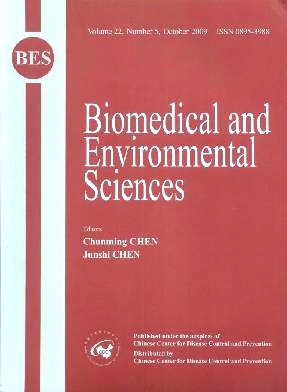Inhibitory Effect of Estrogens, Phytoestrogens, and Caloric Restriction on Oxidative Stress and Hepato-toxicity in Aged Rats
-
Key words:
- Aging /
- Phyto (estrogens) /
- Caloric restriction /
- Male /
- Lipid peroxidation /
- Liver dysfunction /
- Histological changes /
- Antioxidant
Abstract: Objective To investigate the protective effect of 17β-estradiol (E2), peganum harmala extract (PHE) administration and calorie restriction (CR) treatment (60%) on oxidative stress and hepato-toxicity in aged rats. Methods Eighteen months old animals that were treated at the age of 12 months were divided into 4 groups: normal control group with free access to food, E2 treatment group, PHE treatment group and CR treatment group of the food given to control group. Six male rats at the age of 4 months were used as a reference group. Results Aging significantly decreased superoxide dismutase (SOD), catalase (CAT) and glutathione peroxidase (GPX), and increased lactate deshydrogenase (LDH), gamma-glytamyl transferase (GGT), phosphatase alkalines (PAL), aspartate and lactate transaminase (AST and ALT) activities in the liver. Aging also induced an increased lipid peroxidation level, histological changes and a decreased E2 level. However, treatment with E2, PHE, and CR increased 17β-estradiol, and decreased hepatic dysfunction parameters and lipid peroxidation as well as histological changes in the liver of aged rats. Conclusion The antioxidant and hepatoprotective activity of PHE and CR is possibly attributed to its ability to increase E2 level, which as an antioxidant, acts as a scavenger of ROS. Further studies on the pharmaceutical functions of E2 in males may contribute to its clinical application.
| Citation: | KHALED HAMDEN, SERGE CARREAU, FATMA AYADI, HATEM MASMOUDI, ABDELFATTAH EL FEKI. Inhibitory Effect of Estrogens, Phytoestrogens, and Caloric Restriction on Oxidative Stress and Hepato-toxicity in Aged Rats[J]. Biomedical and Environmental Sciences, 2009, 22(5): 381-387. |







 Quick Links
Quick Links
 DownLoad:
DownLoad: